Get posts by email
Starting a book series and my devotion to a good story
February 14, 2018
I can't believe January is over and we're well into February. January was a whirlwind of transition into new jobs (one for Damien, two for me), skiing - downhill and x-country, some work travel for Damien, hosting visiting family, and kids going here, there and everywhere in the city.
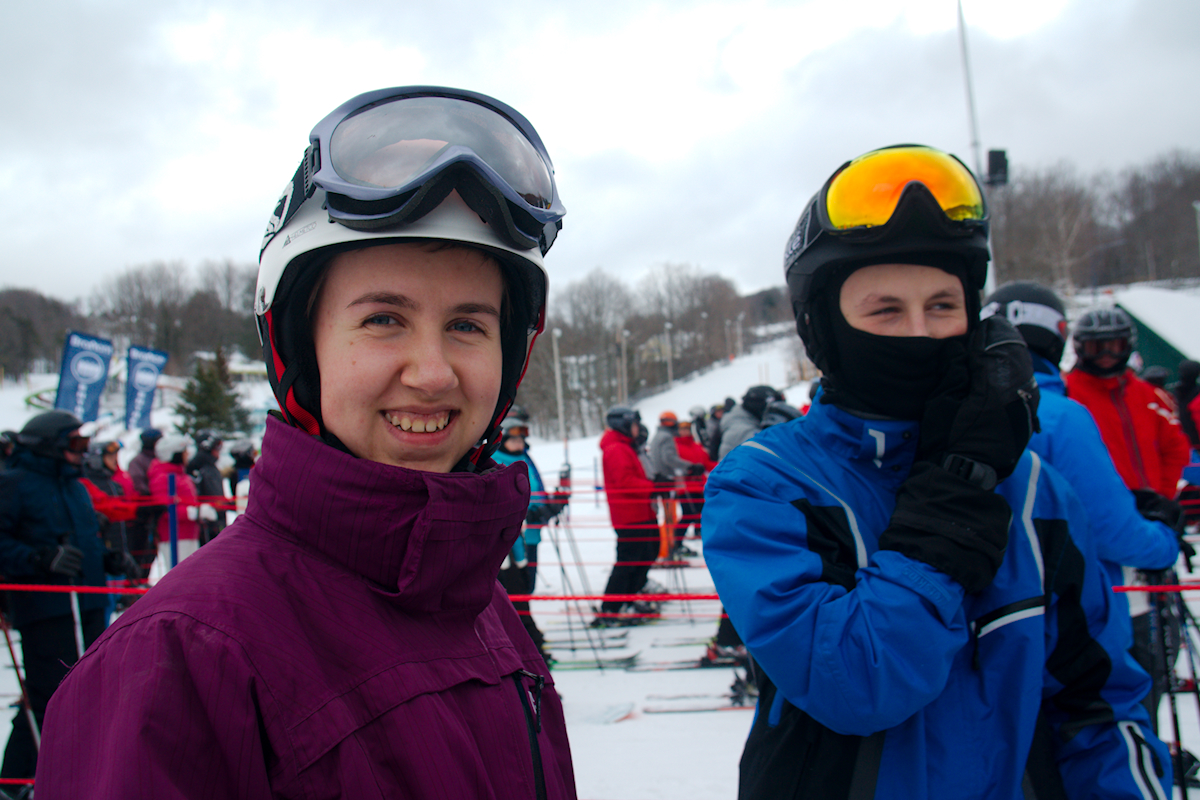
The transition into new work and a New Year was a bit bumpy, but it was a good month. We have work that is paying the bills, we have skis, we have friends and family. And now we have the Olympics. What else is there? (I wrote a weekend update to my email list about what the Olympics mean to me.)
I didn't have time after Christmas, as I prefer, to reflect much on 2017. I hit the New Year running and used the interstitial spaces of January and a two day, mid-month personal planning retreat to reflect on 2017 and look ahead, plan for (and dream beyond) 2018.
One part of this reflection was to update Goodreads with the books I read in 2017. Ideally, I do this as I finish them. In reality, this doesn't happen very often.
After "shelving" all my 2017 books at Goodreads I thought I'd share a favorites list here. As I started to write that I got a bit caught up in the details and mechanics of my book reading process. Imagine that, caught up in the details and the process.
My reading life is a well oiled machine of making note of titles and authors I want to read, frequent digital library downloads, the occasional book purchase, lots of reading, and recording what I've read. Part of the necessity of recording what I've read is because I don't keep a big personal print-book library, most of what I read is digital. I can't display a home library shelf as a means to recollect my reading. So I "shelve" it all on Goodreads.

I'm going to tell you about my favorite books of 2017, but first I'm going to share my reading process. I love systems. And I'm pleased with my economical and efficient book system that ensures I'm nearly always reading something worthwhile.
I highly value reading, books, and book learning. This is my bias and bent, and natural inclination as a visual and auditory learner. I love reading and lectures. This is not the inclination of everyone, even within my own family. But it is mine and I incorporate as much of these learning experiences as possible into my busy days.
"Learning" aside, reading a good book, especially stories, brings me so much pleasure. I've had seasons of life with less reading because of less interest or less access, or simply feeling brain-tired, or tired-tired. But at this stage of life, like daily writing, I can't imagine living my days without reading books.
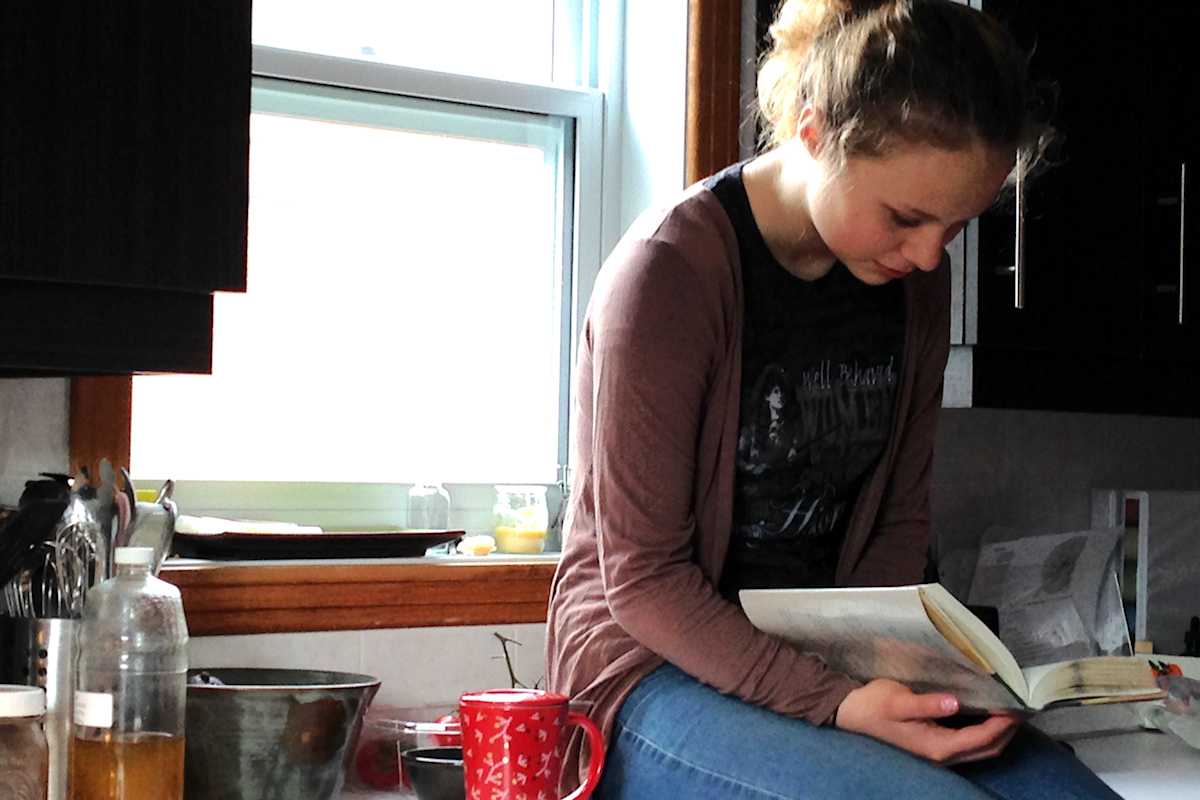
What I read. My devotion to a good story.
Good stories are my main reading love. I know "good" is completely subjective and I can't quantify that for you. I do believe in good and great literature and I think that net spreads wide and deep. If you are familiar with Charlotte Mason, I will not define twaddle here except to say I try to avoid it because I find it boring.
Sometimes I feel bad, less intelligent and certainly less informed, because I don't have as much heart or head energy to dive into serious works of non-fiction on all the subjects I am deeply interested in: philosophy and psychology; evolutionary biology and cosmology; education and neuroscience science; spirituality and theology. I call the pursuit of knowledge in these subjects my self-directed Masters degree.
My list of to-reads of these type of works is long. I will never read all the books I want to read before new books are published and new ideas take hold, outdating the books I never even got around to reading.
I will die with a long list of books in my self-directed Masters program, unread. I have resigned myself to this reality because stories capture my head and heart in a way that other books do not.
If my work was to study (academia?) I would absolutely read non-fiction tomes. But the work of my life is everything but that and so I skim the very top layer of written works in these subjects. I try to learn all I can through podcasts and audio teaching. (Just ask my kids who are captive in the car, as I listen to podcast lectures and interviews, on our various commutes.) It's the best I can do for now. It has to be enough.
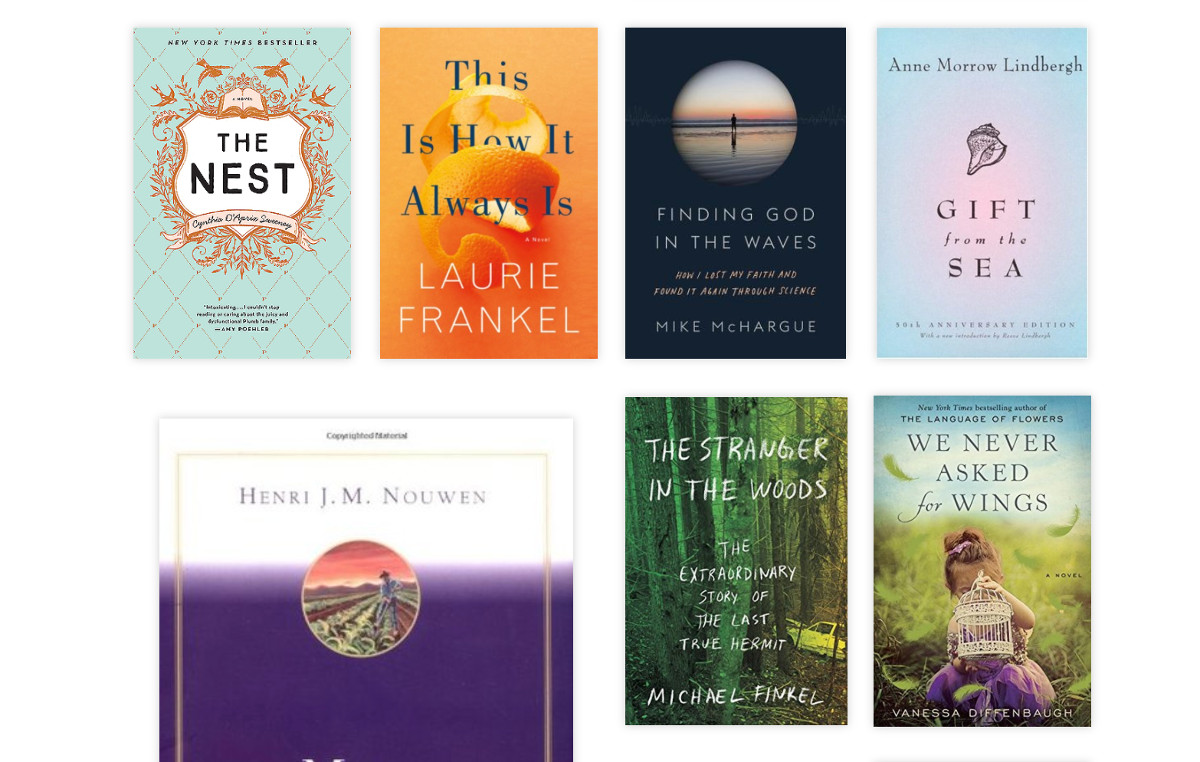
screenshot from my My Year 2017 in Books
Even if I'm mostly reading stories, and a good portion of that fiction, I maintain that good stories are foundational to personal character and intellectual development and have the power to shape not only individuals, but communities, cultures, and societies.
A good story is not a second-best access to truth and knowledge, it's another door.
I agree with Azar Nafasi, Iranian writer, professor of English literature and author of "Reading Lolita in Iran", who believes that fiction is foundational to democracy.
The importance of ideas and the imagination is that they really defy borders and limitations. Books are representative of the most democratic way of living.
Fiction confronts a great many things that we cannot fully confront in real life. Fiction is the ability to be multi-vocal and to speak through the mind and the heart of even the villain. In doing that, it forces us to face the pain of being human and being transient. (emphasis mine)
You can read more more from Nafasi here and here.
Story, and fiction, is one of the best ways for me to get into the heart and mind of "the other". In real life, I am often bewildered by and in disagreement with the choices of other people, choices that affect culture and communities. But fiction and the story telling of a good biography or memoir, will often provide insight into why people make these choices.
I don't necessarily come to an agreement with people's actions, but I come to an understanding, usually through an experience of shared suffering and shame (these people are more like me than I thought). In this way, fiction and stories gives me insight into myself and other people.
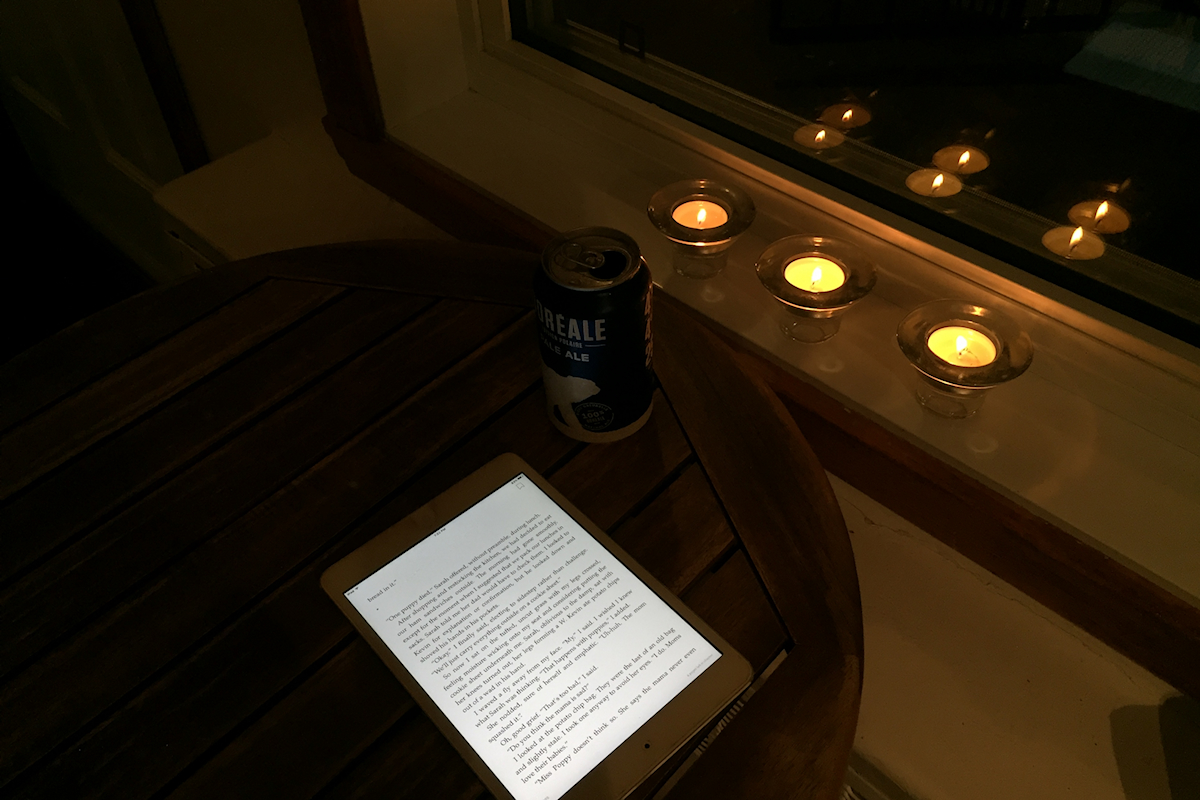
Friday night reading, while supper cooks
Fiction helps me understand the mind, heart, and body, the life experience of "the other", in the most relatable way possible, through story. And so for me fiction expands not just my cognitive consciousness (my awareness of what is), but also my spiritual consciousness (my inherent connection to others).
All that to explain why I do not disdain my undying affection for fiction and story. And why I don't feel (too) bad that I can't get around to reading all the non-fiction I've deemed important to become educated. Perhaps I am becoming just as educated, through different means.
Next up in this series: digital reading and how I consistently find good books.
Filed Under
Part of Series
-

Jen Liminal Luminous on Feb. 20, 2018, 9:49 a.m.
Yes, thats why loose leaf works best, because I can feed it into my super quick little scanner, I don't have a flat bed one.
photographing the notebooks takes a huge amount of time and looks quite ugly too!
A couple of years ago I went for the one notebook idea and used a single notebook to take notes in, bullet journal and life journalling, which meant I got through a notebook a month (expensive!), plus actually I needed my study notes separately... so I cut them all out with a scalpel and punched them to fit in an A5 filofax, now I'm just going through and scanning them all in.
But I still have several notebooks which are just notes which I need to deal with and I keep looking at them in dread!
You can subscribe to comments on this article using this form.
If you have already commented on this article, you do not need to do this, as you were automatically subscribed.
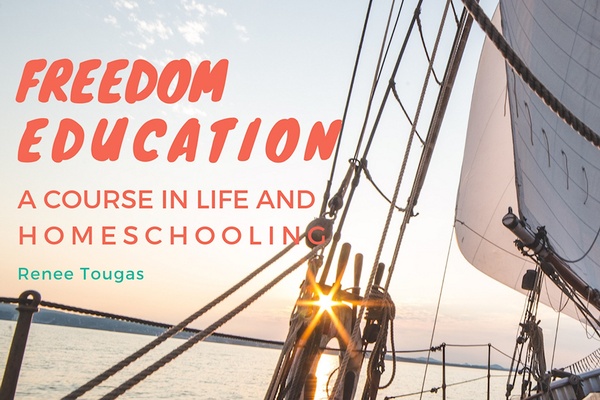
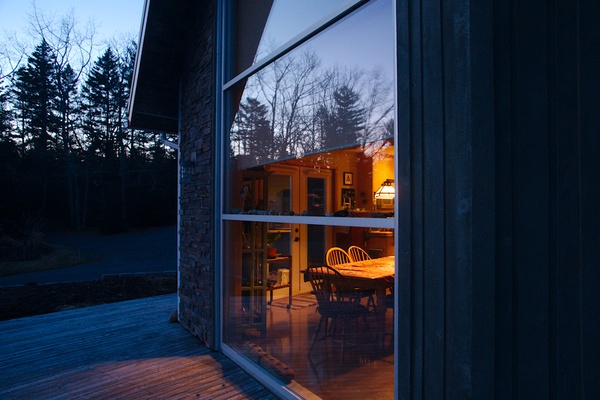
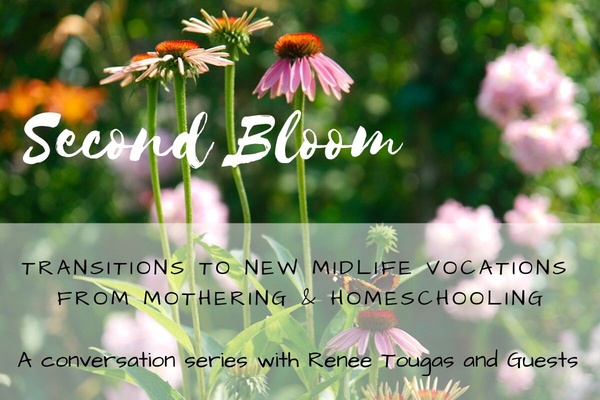
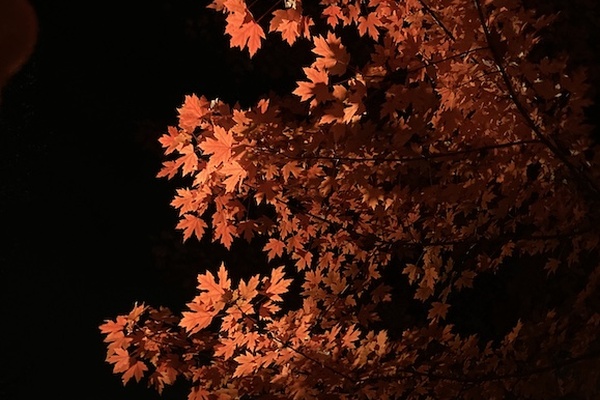
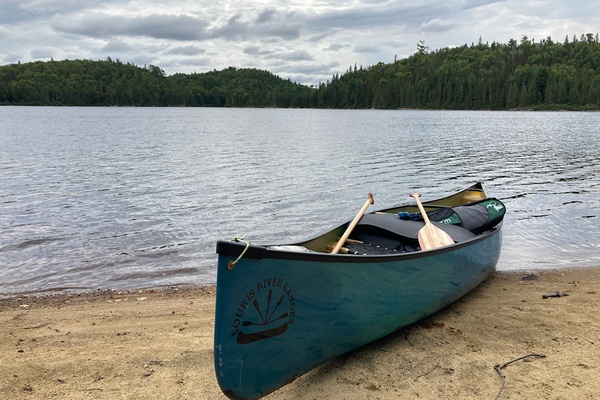
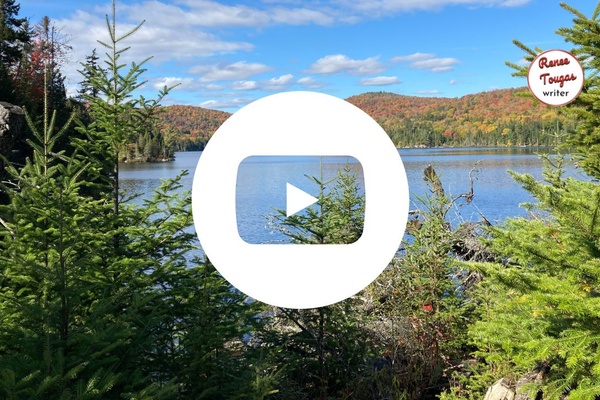
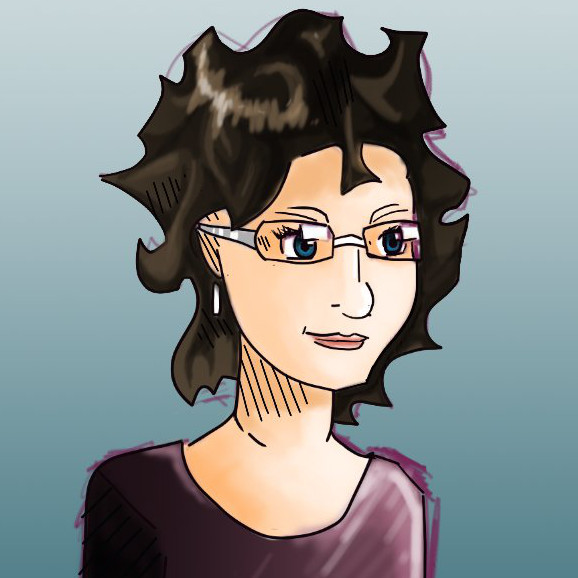
Jen Liminal Luminous on Feb. 15, 2018, 8:38 a.m.
I love the idea of a self directed masters - this is something that I think I am on myself.
I spend a lot of time worrying about my reading systems, if I am doing them right, if I am keeping notes in the right way. I find it really quite stressful and I hope to eventually be able to find a system and stick to it. I think my concern is I like to hand write my notes, but then I want to digitise them, as much as for security (fire) as much as anything else.
THat's fine on loose leaf, a little more tricky in a notebook.
I'd love to hear more about your transition into work again, this is something I am looking at and am a little stressed at the thought of it after being self employed for so long
Laura on Feb. 17, 2018, 1:10 a.m.
Have you tried using the scanner function in Evernote for your handwritten book notes? This would work just as well with loose leaf vs. notebook and you can tag your scan with the name of the book so it would be easy enough to find again with a search. :)